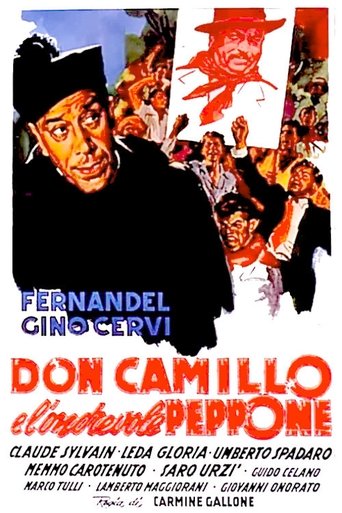
29 Sep 1955

Don Camillo's Last Round
Bewildered, Don Camillo learns that Peppone intends to stand for parliament. Determined to thwart his ambitions, the good priest, ignoring the recommendations of the Lord, decides to campaign against him.
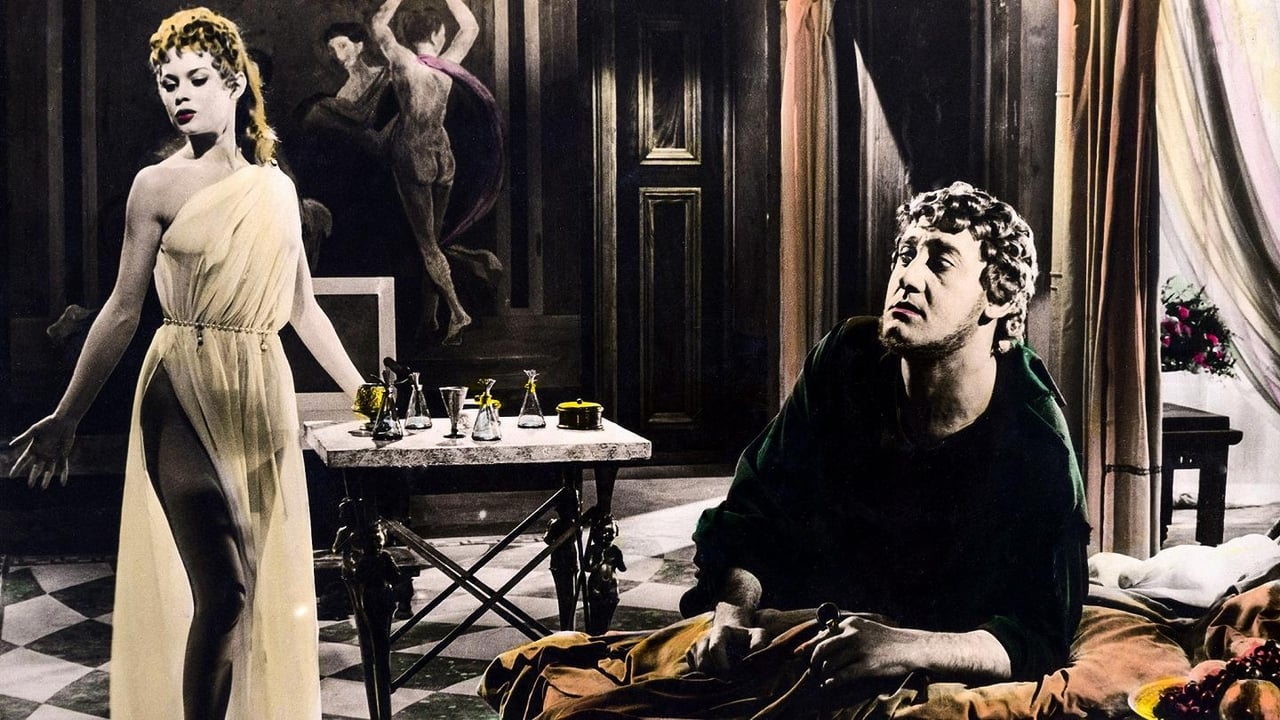
The Bawdy Decadence of Nero's Rome...!
Nero is on holiday at the seaside. Poppea, Seneca and many other guests are with him. Nero is preparing a great show where he will be the star. When Agrippina, his mother, arrives with her German praetorians and decides Nero has to conquer Britain, she is asking for trouble. Many attempts of murder and poisoning will happen on the eve of his great show.

Nero

Poppea

Agrippina

Ancieto

Lidia

Creperio

Corbulone

Segimanio

Ugolilla

Acceronia

The Builder of the Theater

A Guest at the Villa
The Carpenter

Another Carpenter



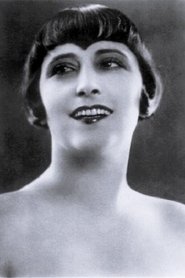


29 Sep 1955

Bewildered, Don Camillo learns that Peppone intends to stand for parliament. Determined to thwart his ambitions, the good priest, ignoring the recommendations of the Lord, decides to campaign against him.

08 Nov 1951

After fierce Roman commander Marcus Vinicius becomes infatuated with beautiful Christian hostage Lygia, he begins to question the tyrannical leadership of the despotic emperor Nero.
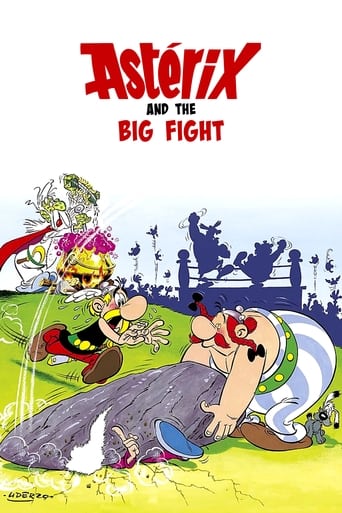
04 Oct 1989

Due to an unfortunate accident involving Obelix throwing a menhir, Getafix the druid not only loses his memory, but goes completely mad. Now deprived of the wisdom of their beloved druid and the protection provided by his magic potion, the Armorican village falls prey to a proclaimed soothsayer who comes with ominous predictions and overweening ambitions. It's up to Asterix to keep his villager friends within reason and hopefully get Getafix to remember the magic potion's recipe before the impending Roman attack.

12 Dec 1991

A quintet of cabbies in five cities and their remarkable fares on the same eventful night.
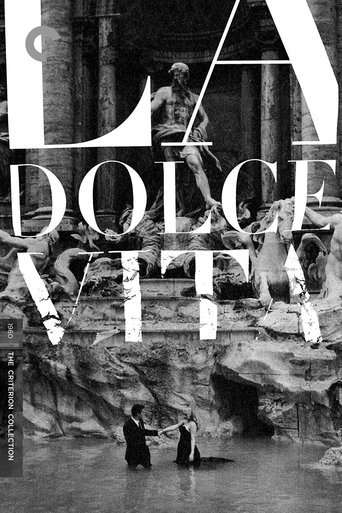
05 Feb 1960

Episodic journey of journalist Marcello who struggles to find his place in the world, torn between the allure of Rome's elite social scene and the stifling domesticity offered by his girlfriend, all the while searching for a way to become a serious writer.
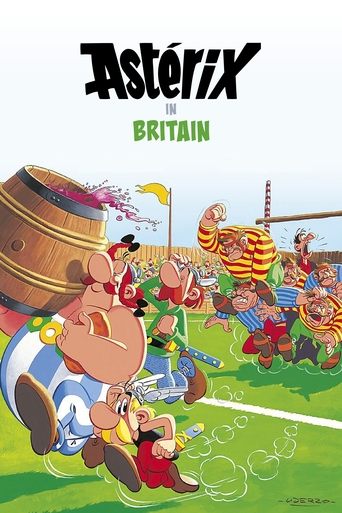
03 Dec 1986

One little ancient British village still holds out against the Roman invaders. Asterix and Obelix are invited to help. They must face fog, rain, warm beer and boiled boar with mint sauce, but they soon have Governor Encyclopaedius Britannicus's Romans declining and falling. Until a wild race for a barrel of magic potion lands them in the drink.
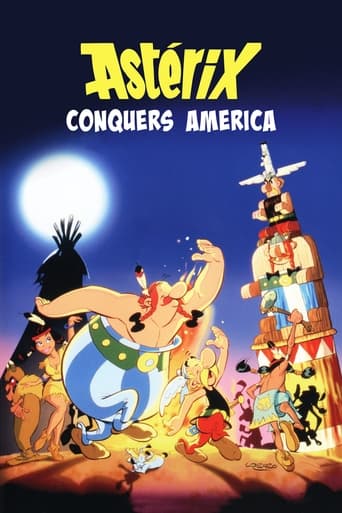
29 Sep 1994

When marauding Romans capture - and catapult - their pal Getafix into lands unknown, the shrewd and cunning Asterix and his able sidekick Obelix spring into action! But their journey leads them to a strange and dangerous new world, where they must face a tribe of Indians, a stampeding herd of buffalo and a medicine man with designs on their magic potion!
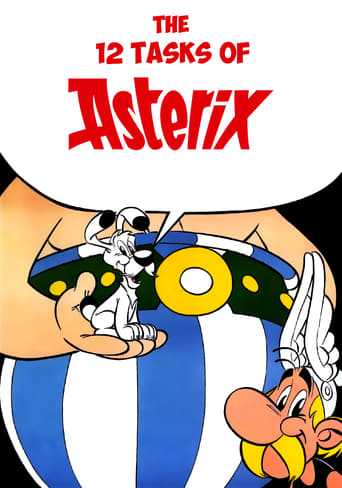
26 Jun 1976

Asterix and Obelix depart on an adventure to complete twelve impossible tasks to prove to Caesar that they are as strong as the Gods. You'll roar with laughter as they outwit, outrun, and generally outrage the very people who are trying to prove them "only human".
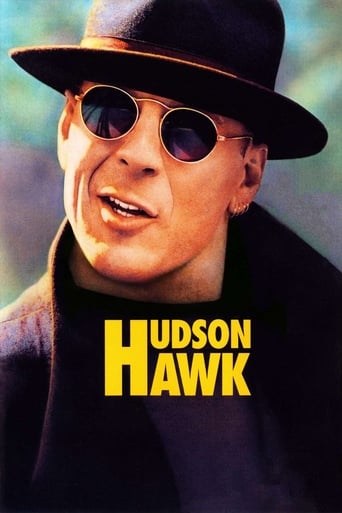
23 May 1991

Eddie Hawkins, called Hudson Hawk has just been released from ten years of prison and is planning to spend the rest of his life honestly. But then the crazy Mayflower couple blackmail him to steal some of the works of Leonardo da Vinci. If he refuses, they threaten to kill his friend Tommy.
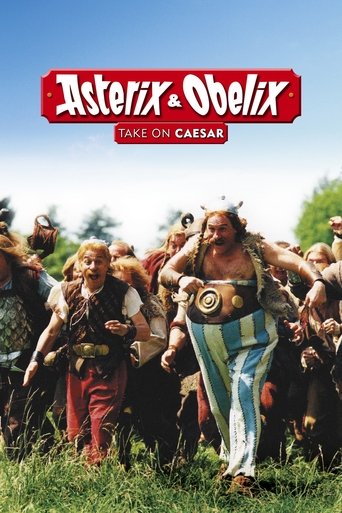
03 Feb 1999

Set in 50 B.C., Asterix and Obelix are living in a small but well-protected village in Gaul, where a magic potion concocted by Druids turns the townsfolk into mighty soldiers. When Roman troops carve a path through Gaul to reach the English Channel, Caesar and his aide de camp Detritus discover the secret elixir and capture the Druid leader who knows its formula, and Asterix and Obelix are sent off to rescue them.

30 Nov 2019

An independent-minded American tour guide is fired from her job in Rome just before Christmas. She crosses paths with an American executive named Oliver, who wants to buy a high-end Italian ceramics company. Oliver hires Angela to be his tour guide around the Eternal City, as the owner of the ceramics company won’t sell it to him until he learns “the heart and soul of Rome.” But is there another heart and soul that he may win?
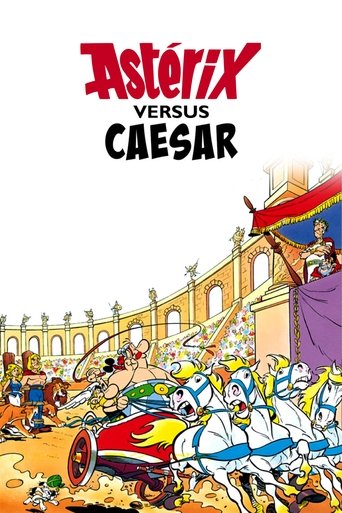
06 Mar 1985

Obelix falls for a new arrival in his home village in Gaul, but is heartbroken when her true love arrives to visit her. However, the lovers are kidnapped by Romans; Asterix and Obelix set out to rescue them on a dangerous journey that will involve gladiators, slavers and beauracracy - and a personal encounter with the Emperor himself, Julius Caesar...
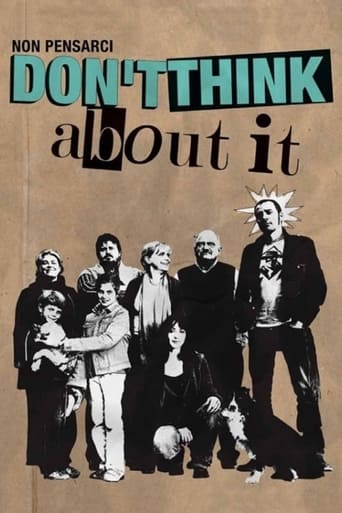
01 Sep 2007

Still an unsuccessful punk rock musician at 36, Stefano returns to his hometown in the countryside to help with his family's business.
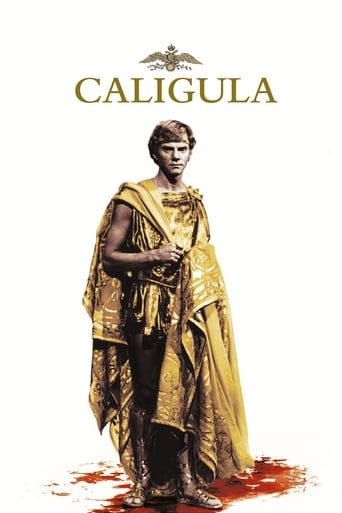
14 Aug 1979

After the death of the paranoid emperor Tiberius, Caligula, his heir, seizes power and plunges the empire into a bloody spiral of madness and depravity.
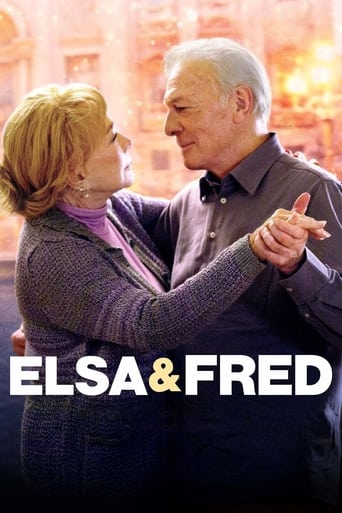
07 Mar 2014

After his daughter persuades him to move into a new apartment, aged widower Fred strikes up a friendship with his eccentric 74-year-old neighbour Elsa, who convinces him it's never too late to keep enjoying life. Although he seemed resigned to a miserable bedridden existence, Fred embraces Elsa's youthful enthusiasm as she introduces him to the path of life and entertains him with outlandish stories about her past life. But when he discovers Elsa's terminally ill, Fred decides to accompany her on the trip of her dreams to the eternal city of Rome to help her fulfil a lifelong ambition.
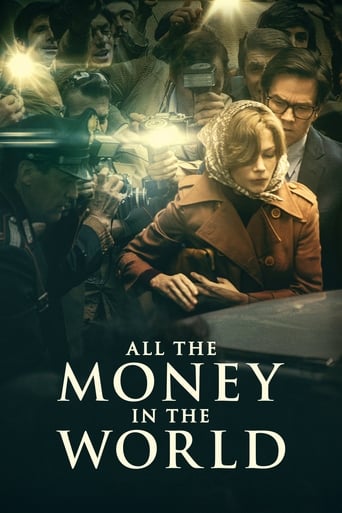
21 Dec 2017

The story of the kidnapping of 16-year-old John Paul Getty III and the desperate attempt by his devoted mother to convince his billionaire grandfather Jean Paul Getty to pay the ransom.
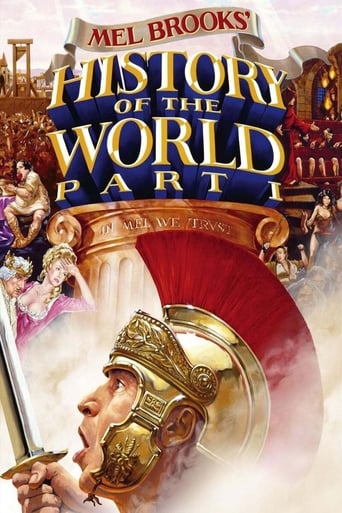
12 Jun 1981

An uproarious version of history that proves nothing is sacred – not even the Roman Empire, the French Revolution and the Spanish Inquisition.
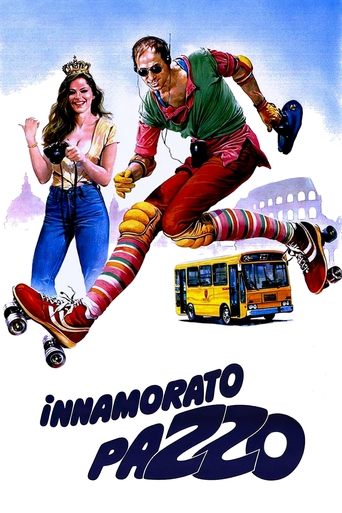
18 Dec 1981

Cristina is a rich, spoiled princess visiting Rome with her royal parents. The mission of their visit is to marry her off to a super-wealthy corporate type and thereby start to turn around the losses their small kingdom is experiencing in its casino business. These less-than-noble intentions get derailed when Barnaba, a zany bus driver enters their lives and falls madly in love with the gorgeous Cristina. He is nuts enough to succeed in this romantic chase after royalty, as love seems to fuel his determination to rid Cristina of her elitism and to make her see his own irrepressible attractions.

01 Jan 2001

Two thousand years ago, at the dawn of the first century, the ancient world was ruled by Rome. Through the experiences, memories and writings of the people who lived it, this series tells the story of that time - the emperors and slaves, poets and plebeians, who wrested order from chaos, built the most cosmopolitan society the world had ever seen and shaped the Roman empire in the first century A.D.
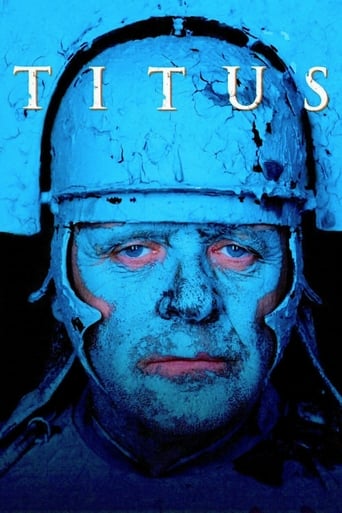
25 Dec 1999

Titus Andronicus returns from the wars and sees his sons and daughters taken from him, one by one. Shakespeare's goriest and earliest tragedy.